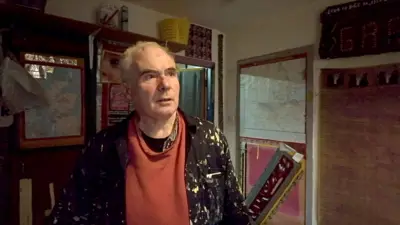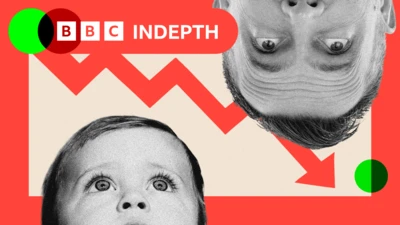We've updated our Privacy and Cookies Policy
We've made some important changes to our Privacy and Cookies Policy and we want you to know what this means for you and your data.
Canada to increase its military spending by 73%
Image source, Reuters
Canada is gearing up to expand its "hard power" overseas with major plans for new defence spending.
Defence Minister Harjit Sajjan announced on Wednesday that the government plans to grow the military budget by 73% over the next decade.
The money will go to 88 fighter jets, 5,000 new military personnel and new ships.
The move comes at a time when Nato is pressuring countries to contribute more to global crises.
"This defence policy is for Canada," Mr Sajjan told media when asked if the new spending will appease US President Donald Trump, who has frequently called on Canada to contribute more to Nato.
The defence budget will grow from C$18.9bn ($14bn; ÂŁ10.8bn) in 2016-17 to C$32.7b a year in 2026-27, or by about 73%, with most of the new funds being delivered after 2021.
In her address to Parliament on Tuesday about the government's foreign policy goals, Foreign Affairs Minister Chrystia Freeland urged Canada to resume its role on the world stage that it once had during the First and Second World Wars.
She said Canada must be willing to step up and expand its "hard power" as we can no longer rely on American leadership.
"It's only fair for us to acknowledge the larger contribution of the United States. For in blood, in treasure, in strategic vision, in leadership, America has paid the lion's share," she said during her speech.
Image source, AFP
Currently Nato countries are encouraged to contribute 2% of their GDP to military spending, but few countries do.
The new funding will see Canada's military spending rise from about 1.2% of the GDP to about 1.4%.
The funding will go to strengthen Canada's commitment to Nato, the North American Aerospace Defense Command (Norad) and continue the fight against IS, Mr Sajjan said.
Top Stories
More to explore
Most read
Content is not available








